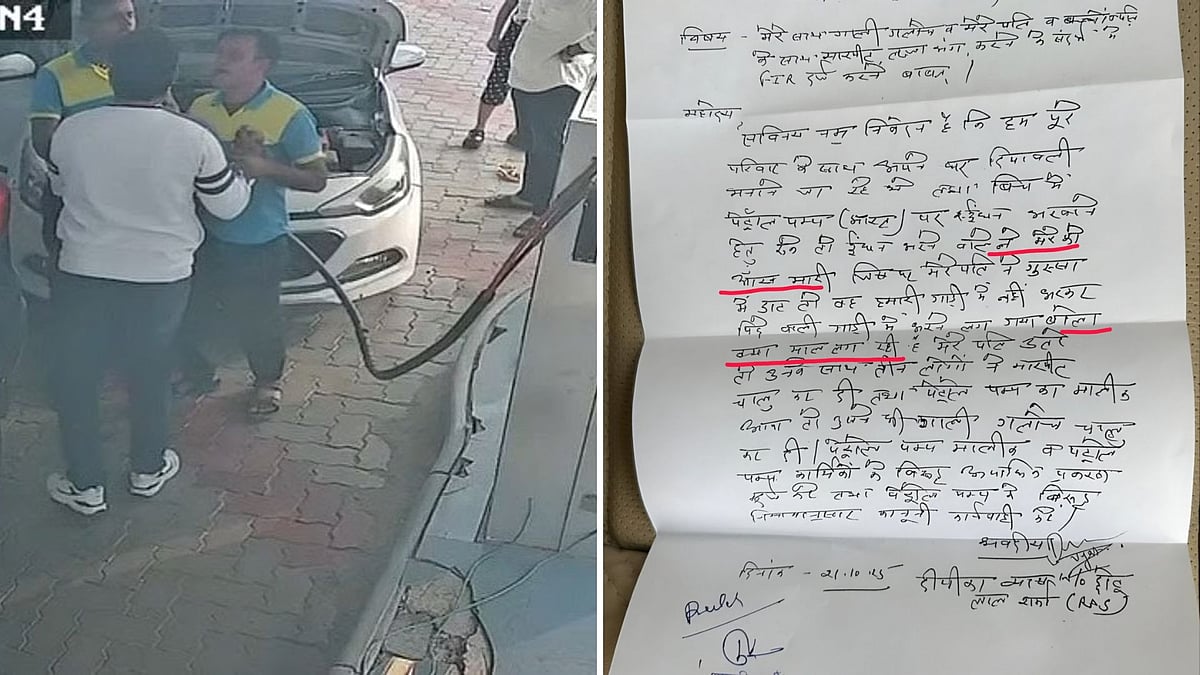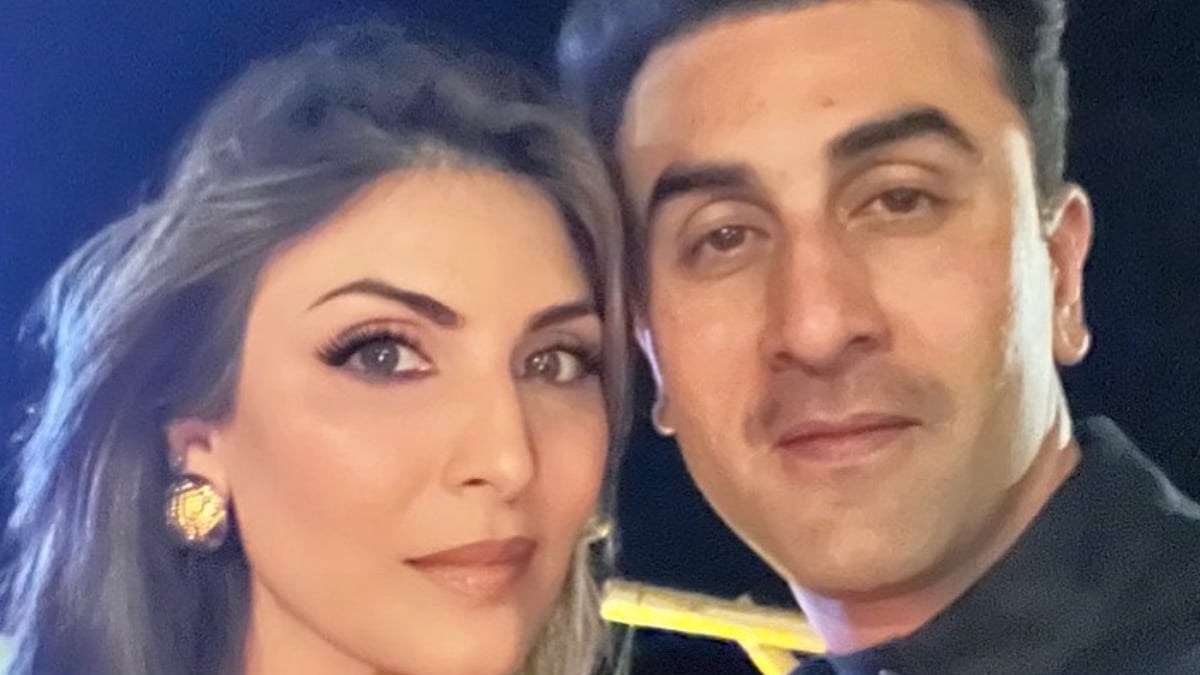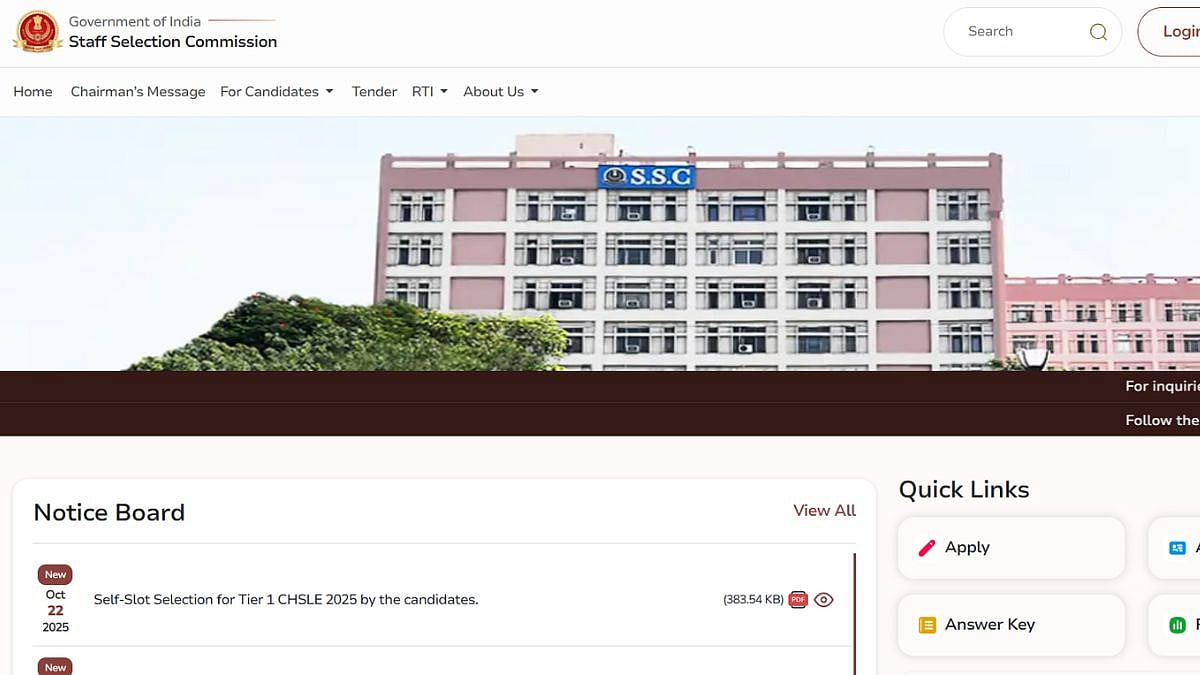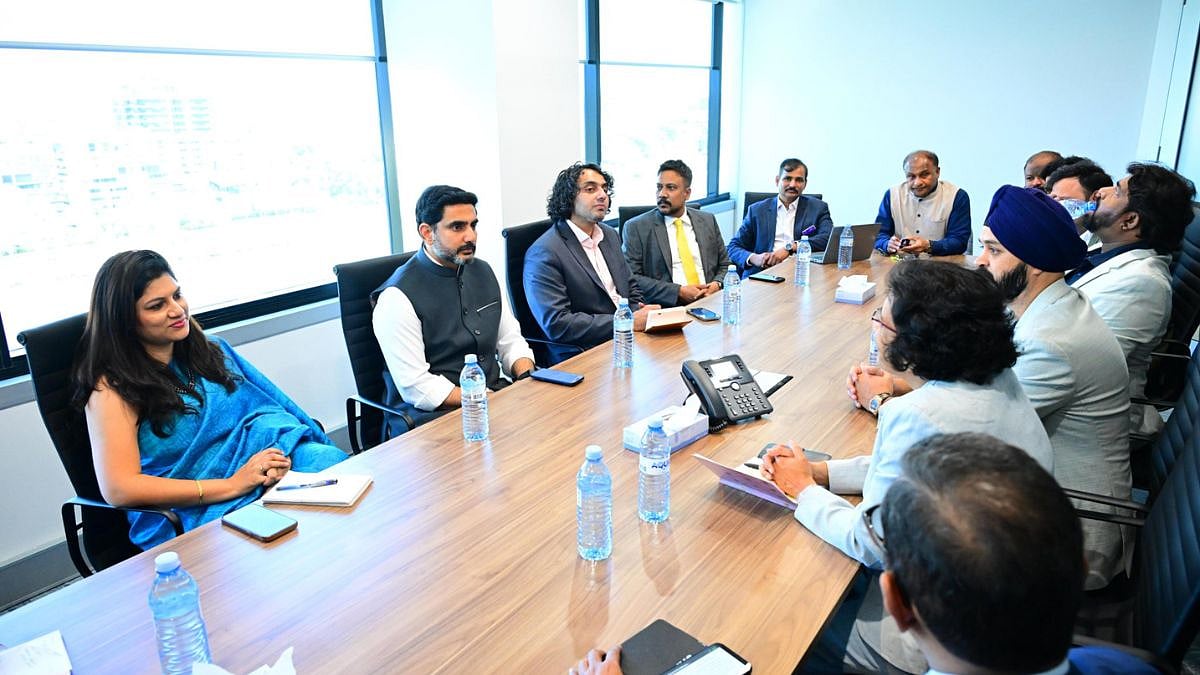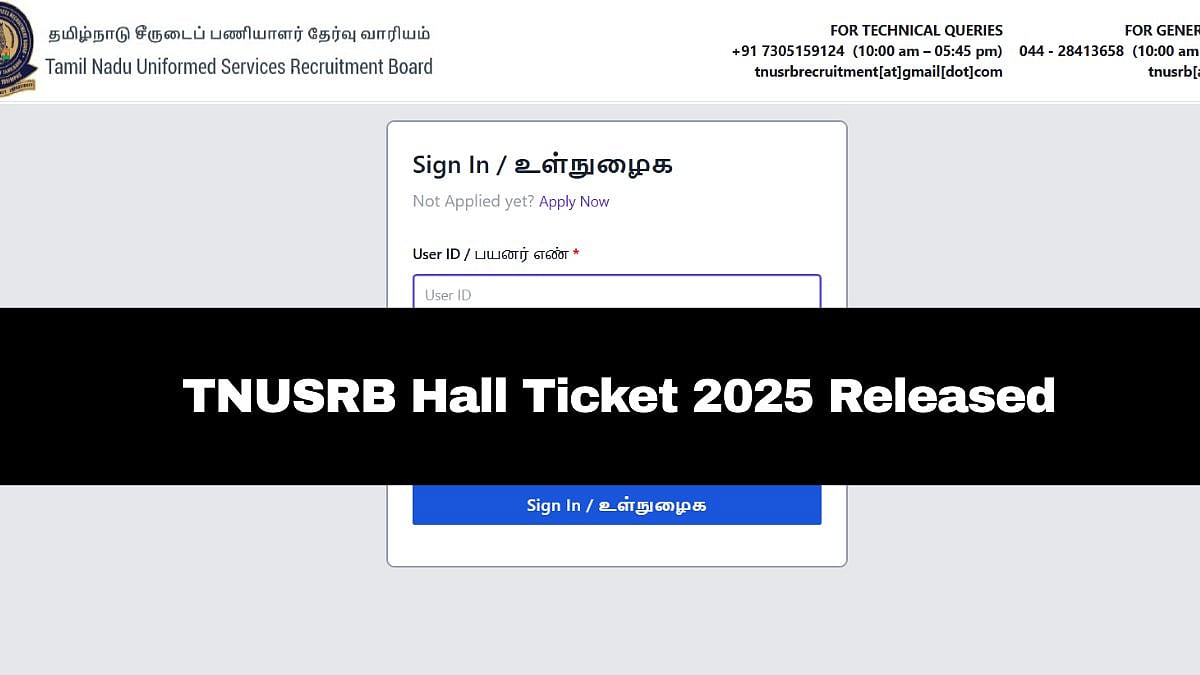Mumbai: The 15th anniversary of the Right of Children to Free and Compulsory Education (RTE) Act 2009 highlights ongoing challenges in girls' education across India. Despite efforts to improve access, many girls still face barriers to completing secondary and higher secondary education, as revealed by the latest Unified District Information System for Education (UDISE+) data.
The National Education Policy (NEP) 2020 aims to provide universal, free, and quality education up to age 18, in line with the Sustainable Development Goals for equitable education by 2030. However, problems persist, with only three out of five girls progressing to higher secondary levels.
To tackle these issues, Child Rights and You (CRY), along with its local partners across 20 states, has launched "Poori Padhai Desh Ki Bhalai," a nationwide campaign. Starting June 24 in Delhi, Mumbai, Bengaluru, Chennai, and Kolkata, the seven-week initiative aims to raise awareness and change societal attitudes towards girls' education. The campaign concludes on August 15, 2024, on India's Independence Day.
Puja Marwaha, CEO of CRY, emphasised the critical role of secondary education in girls' empowerment and national development. She highlighted the need for targeted interventions such as enhanced infrastructure, community engagement, and strict enforcement of laws against child marriage to support girls beyond elementary education.
“Ensuring higher secondary education for girls is non-negotiable for their empowerment and the nation’s development. This includes adequate public provisioning for girls’ education, financial incentives, improved infrastructure, community engagement, and robust enforcement of laws against child marriage. But none of these is possible without generating mass awareness and a social resonance around girls’ education,” Marwaha said.
Kreeanne Rabadi, Regional Director of CRY-West, stressed the campaign's goal to reduce dropout rates among adolescent girls. "Through our programs in Maharashtra, Gujarat, and Chhattisgarh, we aim to empower girls to stay in school longer, enabling them to make informed decisions and build better futures," Rabadi stated.
UDISE+ data for 2021-2022 shows that less than 60% of girls are enrolled in higher secondary education, with significant dropout rates at secondary levels. Efforts under the campaign aim to reverse these trends, ensuring more girls complete their education and contribute meaningfully to society.


